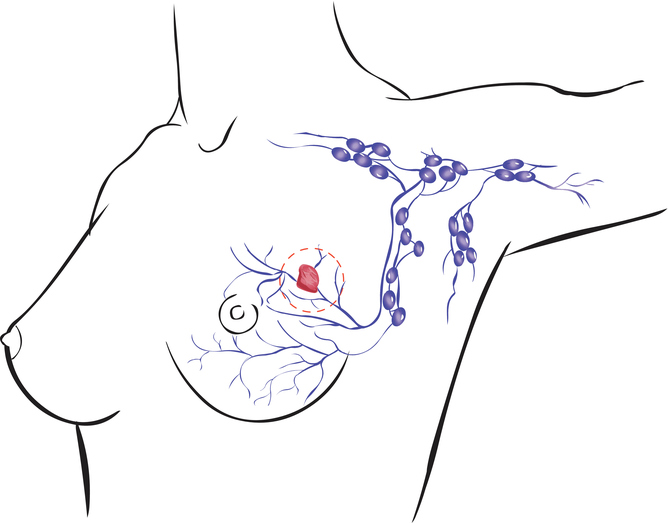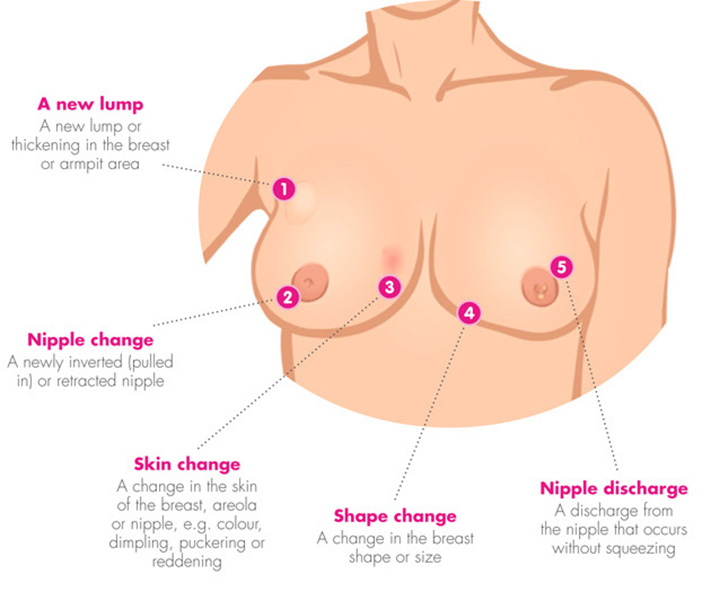Being diagnosed with any kind of cancer is devastating. It gets worse if the diagnosis for an extremely advanced form of cancer. One such type of cancer is metastatic breast cancer, i.e. stage IV breast cancer. This type of cancer usually spreads to other parts of the body besides the breasts. To learn that you have one of the most advanced forms of breast cancer can be positively overwhelming. All you can see is a difficult path of drugs and never-ending medical procedures, coupled with the pain that the tumorous cancer cells can cause. There is definitely some truth to these assumptions, but the good news is that the available treatment should make managing this cancer easier.
Thanks to commendable efforts by medical experts, treating stage IV breast cancer gets easier by the day. You must therefore not give up if your doctor diagnoses you with this kind of cancer; there is still hope for a long and good life.
What Is Stage IV Breast Cancer?
Simply put, it is breast cancer that has progressed from stage 1 through to 4. It is mostly characterized by the tumorous cells that initially affected the breasts spreading to different body parts such as bones, the brain, the liver and even the lungs. Although it affects other body parts, doctors still regard and treat it as breast cancer. For instance, if it spreads to the brain, doctors will still refer to it as breast cancer and not brain cancer. Doctors can usually diagnose this type of cancer when a patient has suffered from and undergone treatment for some other form of breast cancer. Although there have been cases of diagnosis of stage IV cancer at first instance. The lifespan of stage IV breast cancer patients typically averages at about two years, but there many people who have defied this average.

Source: Thinkstock/Hakan Corbaci
Stage IV Breast Breast Cancer Symptoms
Stage IV breast cancer is characterized by pain and abnormalities in areas of the body where the cancer has spread. When the cancer spreads to the bones, they become particularly susceptible to fractures and breaking. The bone tissue can also become swollen or severely painful. Metastatic breast cancer in the liver is characterized by jaundice, abnormally high enzyme levels, an itchy skin, lack of appetite, nausea, and abdominal pain. Stage IV breast cancer symptoms in the brain include persistent headaches, seizures, visual disturbances, vomiting, and personality changes.
If the cancer spreads to the lungs, it becomes difficult for the patient to breath. Other symptoms include chest pains, abnormal chest X- rays, and chronic coughs. General stage IV breast cancer symptoms include weight loss, unexplained fatigue and general loss of appetite, among others. Should you experience any of these symptoms, or a combination, it is imperative that you contact a health specialist. This is particularly important if you have received a previous diagnosis of some form of breast cancer.

Source: finditfaster.co.za
What are Metastatic Breast Cancer Treatment Options?
It is true that there is currently no cure for this form of cancer. However, patients can receive treatment and keep it under control for quite some time, thus enabling a patient to live longer than they ordinarily would have. However, unlike other forms of breast cancer where treatment can be completed within months, treatment can last for years; sometimes, even for life. This might seem like a gloomy predicament for those suffering from the disease. However, it is their best chance at fighting it.
Stage 4 breast cancer treatment aims to prolong patients’ lives, maintain their quality of life, and control the disease’s spread. It is highly dependent on an individual’s unique situation. Some factors to consider before settling on any kind of treatment program include the specific kind of cancerous cells affecting a patient, the rate at which the cancer is spreading, the symptoms of the disease, past treatment, how well their body can cope with some treatments, their age and health and ultimately, their choice of treatment.
Some of the common treatments for this aggravated form of breast cancer include hormone therapy which aims at starving the cancerous cells of estrogen and progesterone, the hormones that the cells need to survive, anti-HER2 drugs, chemotherapy and other targeted therapies, radiation, and in rare cases, surgery. Those suffering from this cancer often need palliative care to ease the physical pain and other symptoms that accompany it. In the latter stages of the condition, they might require the services of a hospice. They also require a lot of emotional support. There is no telling how much anguish a patient may undergo because of the disease. All in all, with the right treatment and emotional support, living with metastatic cancer can now be a lot easier.
Featured Image Source: slidesharecdn.com
Sourced from: WebMD


